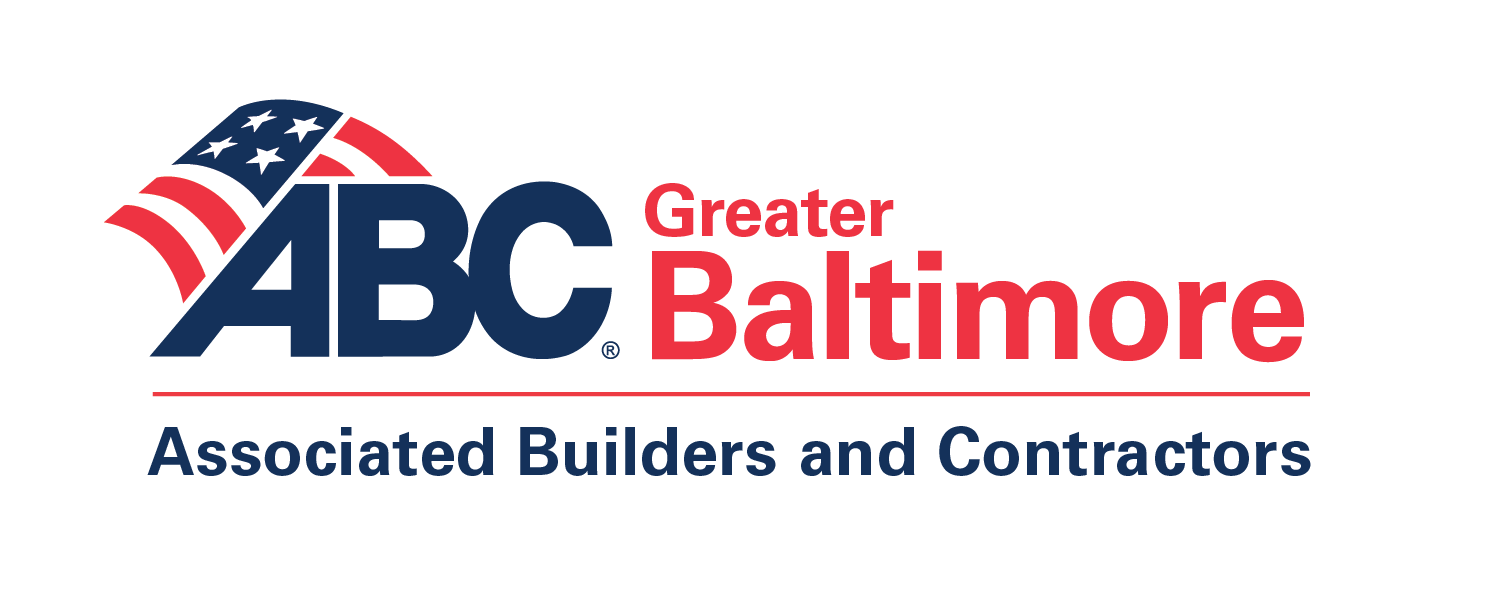By: Adam Bednar
Previously published in the Daily Record Business Writer on June 27, 2018
A Maryland law intended to ensure employees of subcontractors receive unpaid wages will have a variety of negative consequence for the construction industry, including potentially chilling hiring of minority- and women-owned firms, according to attorneys and industry advocates.
The General Contractor Liability for Unpaid Wages Act passed Maryland’s General Assembly in the last session without much fanfare. The bill, which goes into effect in October, was allowed to pass into law without Gov. Larry Hogan’s signature. But industry advocates, and attorneys with practices focusing on construction, labor and surety law, say the law passed without needed scrutiny and will disproportionately hurt small businesses.
“I think one of the major problems that kind of sticks out is they use a lot of terms in a very generic sense, and only one of them is actually defined. So, it leaves open a fair number of questions about the scope and breadth of this law,” said Douglas H. Seitz, a partner at Wright, Constable & Skeen LLP, whose practice focuses include construction. “If they leave it as is, it’s basically going to require the courts to determine how a general contractor is defined, how a subcontractor is defined, how construction services (are defined).”
Mike Henderson, president of Associated Builders and Contractors of Greater Baltimore, said because the law makes general contractors liable for unpaid wages from a subcontractor it will lead to firms being more selective about who is hired. That could hurt new firms, he said, that lack capacity and a track record from getting work because general contractors will be worried about potentially expensive legal ramifications.
“I think this will disproportionately hurt women- and minority-owned businesses. It’s a problem,” Henderson said. “It’s not well thought out and is hurtful to the industry.”
The law makes a general contractor on construction services projects “jointly and severally liable” for a subcontractor, or even a subcontractor hired by a subcontractor, for not paying wages. Under Maryland’s wage payment and collection law, employees can be awarded up to three times their unpaid wages if a subcontractor has violated that statute.
The new ordinance creates a statute of limitations of more than three years and requires a subcontractor to indemnify the general contractor against a violation. The required indemnification includes protections against liability for any wages, damages, interest penalties, or attorney’s fees owed as a result of a subcontractor violating Maryland law.
Groups, such as the Jobs Opportunities Task Force, the Northeast Regional Council of Carpenters, the Public Justice Center, and even some businesses, told legislators the bill would prevent unfair advantages to firms that skirt paying fair and equitable wages and that they supported the measure
“General contractors who contract only with law-abiding businesses that pay their employees fully and timely need not concern themselves with (the legislation). In fact, the bill levels the playing field by ensuring that all contractors do business with trustworthy contractors and subcontractors,” the Public Justice Center argued in a letter to the House of Delegates Economic Matters Committee.
But attorneys at Wright, Constable & Skeen, during an interview at their Baltimore office on Wednesday, said the statute is flawed.
There’s concern the law doesn’t clarify what’s considered a bonafide dispute, which employers can use as a defense against a claim, as it applies to a general contractor, said Gregory Currey, a partner with a focus on employment and labor law. Cynthia Rodgers-Waire, a partner who handles construction, surety and fidelity law, said the bill requires subcontractors to indemnify general contractors, and it’s unknown if there’s even a product on the market that would covering that contingency.
Louis J. Kozlakowski Jr., a partner whose focuses include construction law, said general contractors on public-sector jobs are already responsible for covering wage rates, including interest and penalty, not paid by a subcontractor. The new law extends to private-sector work, he said, where there are no wage rates. He used sheet rock workers, who are paid by the piece, as an example of where it’s unclear how to square some pay rates when deciding if a worker should be paid overtime.
“I still can’t figure out what the heck they were trying to accomplish, frankly,” Kozlakowski said.

